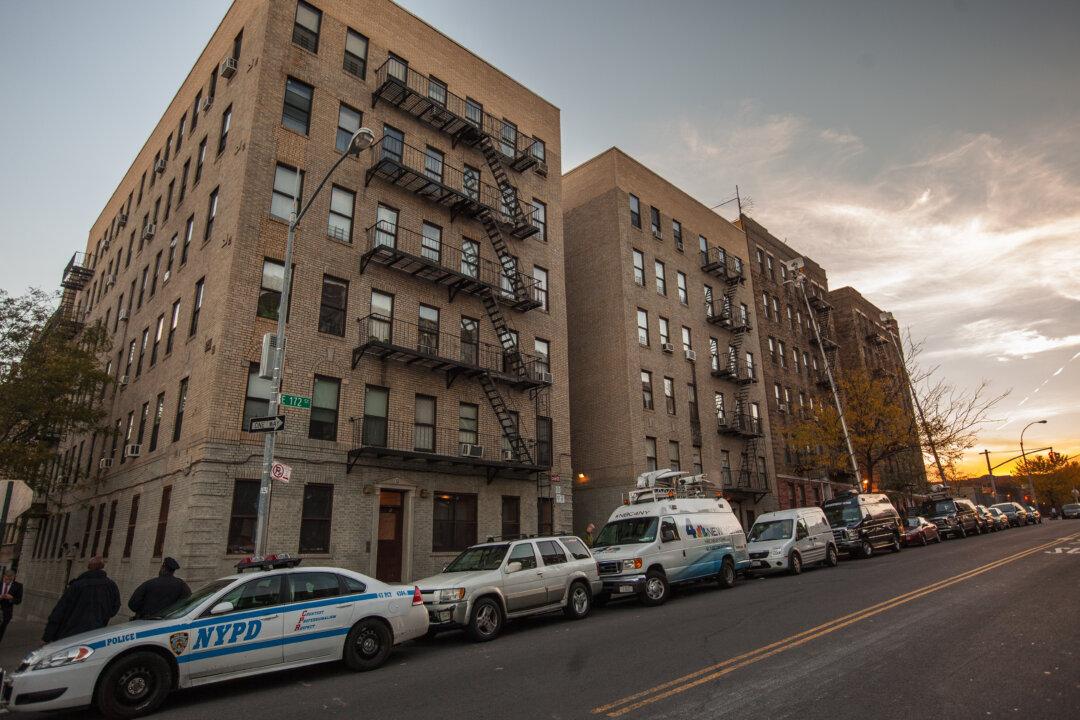The New York City Council voted on Aug. 6 to rezone the sites of Metro-North train stations scheduled for construction in the Bronx, setting aside land for an estimated 7,000 new housing units in the latest phase of the city’s campaign for affordable housing for lower-income residents.
The four planned stations are in the Bronx neighborhoods of Morris Park, Hunts Point, Parkchester/Van Nest, and Co-Op City. Along with its rezoning plan, the council secured commitments from the municipal government for a $498.5 million investment in critical infrastructure in those districts.





